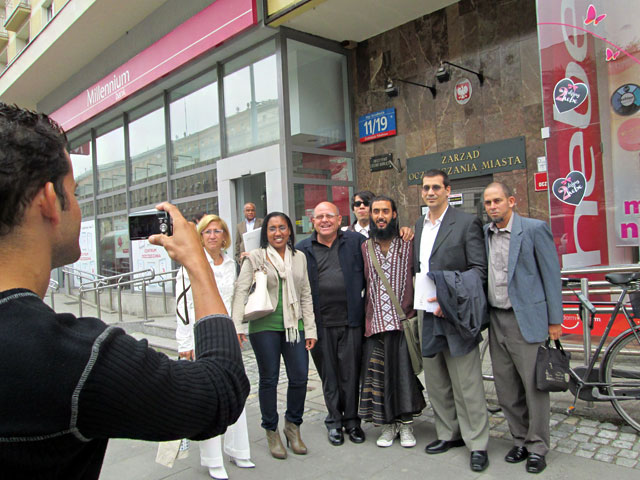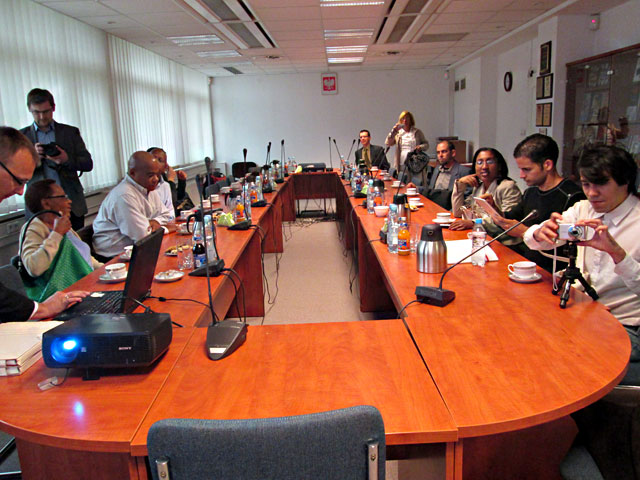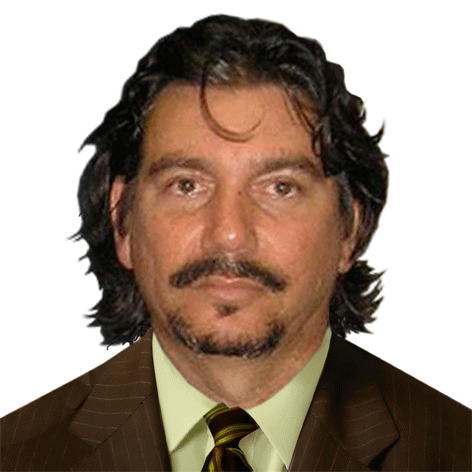
Cuba Today, El Vedado, Havana, (PD): Bit by bit some of the early activists who were able to cross the sea are returning; they were guests or sponsored by organizations or individuals the “outside world.”
I say some, because you must remember that under their inalienable right, there are friends who took the opportunity to stay “there”, and others, who even asked for political asylum.
In a very short time these compatriots went from being pro-democracy activists in Cuba to being the latest economic migrants to the northern neighbor. The worst thing projects they were responsible are left adrift, or at least without a visible face. I refer specifically to the Voices editorial project, and the Christian Liberation Movement.
These reflections come after an informal meeting in the home of Reinaldo Escobar and Yoani Sanchez, on June 28. There, gathering together, were the regulars of these libertarian meetings. Politicians, artists, independent journalists, bloggers, photographers, students, lawyers, Christian pastors and even the occasional diplomat, gathered around a theme, and interspersed with those who returned and those who did not leave.
That evening there were sympathetic anecdotes, deep thoughts, sharp questions and even the occasional vain folly of the islander who, having crossed the sea, believes that have crossed, like Julius Caesar, the Rubicon. But the important thing is that the meeting clarified, in silence, the inadequacy of leaving the foreign policy of the democratic opposition in the hands of others; and, once again, the lack of institutionalization.

Because a handful of brave people travel outside to tell their truth, is not enough to justify expectations or clearly establish what happened and what is going to happen, nor to establish ties to pressure, on our behalf, the military dictatorship. The so-called citizen diplomacy can’t be exactly this in our specific case. Our travelers, in this case and save exceptions, just competed with Uncle Traveling Matt, the character from Fraggel Rock, with regards to traveling to the outside world.
Unlike Uncle Traveling Matt, an adventurer with his own funds, our citizens went abroad thanks to the gracious decisions of strangers (?), who arranged the agendas of their guests. And even more important, they established the foreign policy agenda of the democratic opposition in Cuba. But also,they established distances and origins difficult to reconcile, in an archipelago marked by misery and deprivation described in Maslow’s pyramid of needs.
The patrons of the journeys highlighted once again the lack of funds among the democratic opposition in Cuba is not a sad page of our reality, but a timid Decalogue of our shame.
Among the unpardonable gaps among the dazzles is that most don’t offer a logical and visible strategy of how, after their return, they will open new doors in those countries for our transition. Leaving behind some pitiful complaints to take steps to work together: what we need to construct a true citizen diplomacy.
Off-the-cuff pronouncements, misplaced speeches, nonsense in front of the international press, ministers and politicians of the first level in foreign scenes, are anecdotes that those present ignored in favor of the harmony of the meetings, but they hang like a Sword of Damocles, over the consciences of those present. This also was a part of the tours of our illustrious friends and if we want to learn we can’t overlook our mistakes.
The closest thing we could do to realize a diplomatic alternative to the military dictatorship would be to use “paradiplomacy,” a neologism that reminds us that the actors of civil society also take the reins of international relations. This private phenomenon of postmodernism, where non-state actors play an increasingly significant role, must be our path. But to get there, first we have to strengthen our pro-democratic institutions.
By Julio Antonio Aleaga Pesant
Photo: Joisy García
11 July 2013

